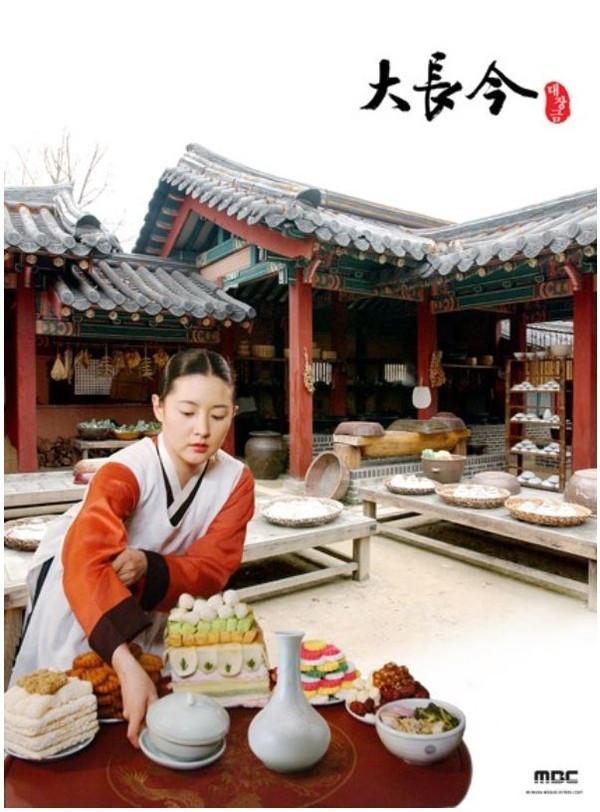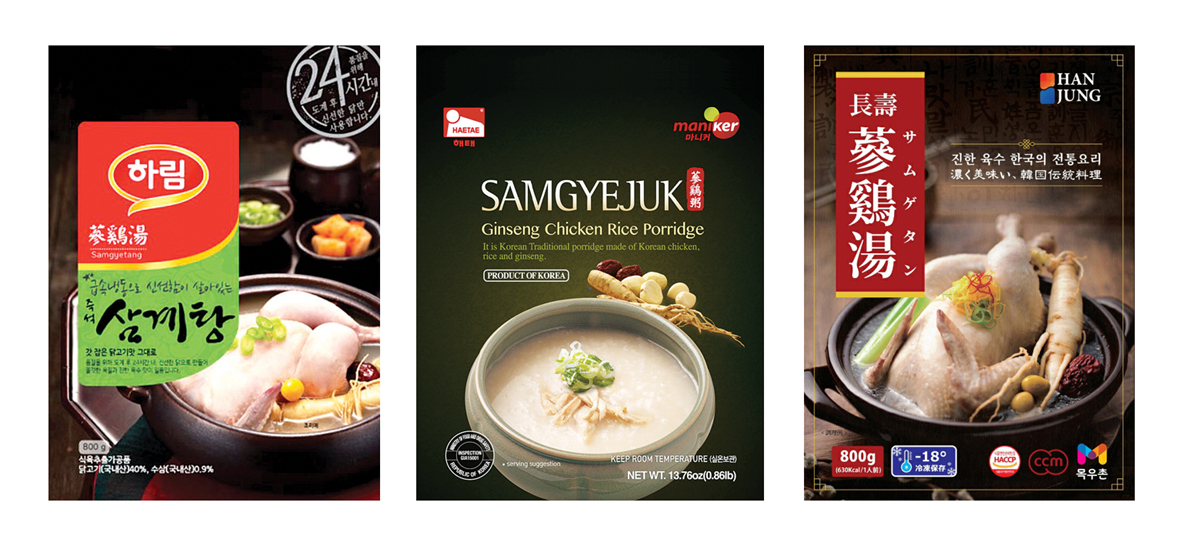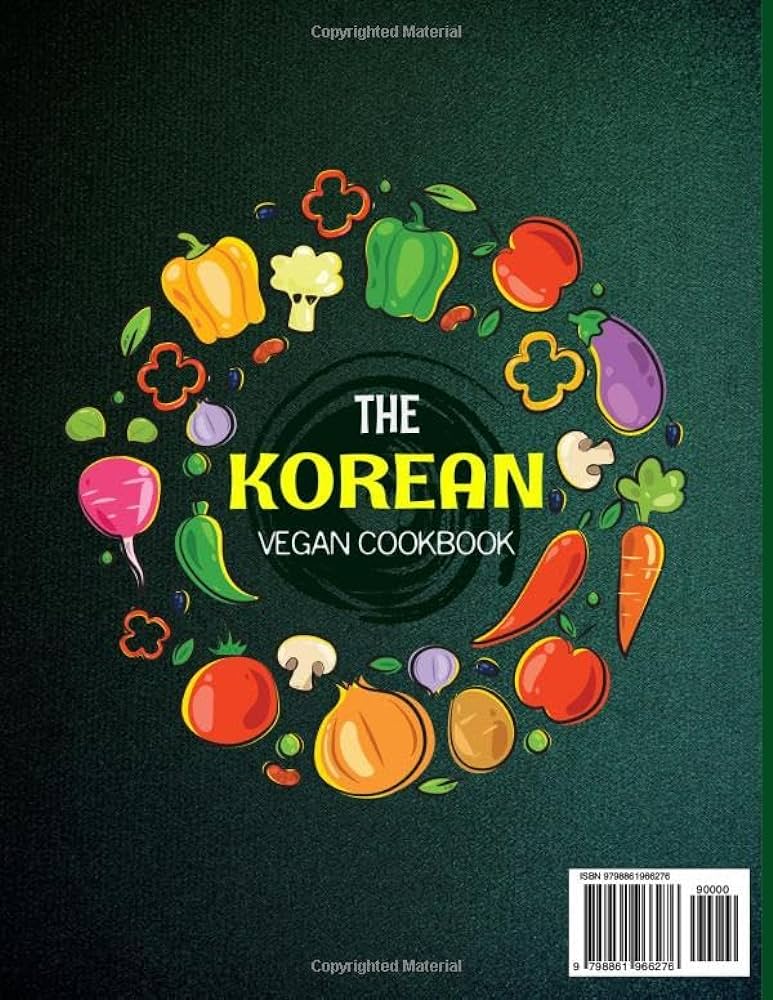
Exploring Korean Cuisine for Vegans: Delicious Choices for Health
As people are becoming more conscious of health and environment, the number of individuals following a vegan diet is on the rise. Today, I want to introduce Korean dishes that are suitable for vegans, for those of you who are interested in a vegan diet. Let’s discover together the delicious choices for health!

What is Vegan? The Definition of Korean-style Vegan
Vegan refers to a diet and lifestyle that avoids animal products. This means excluding meat, animal-based ingredients used in seasonings, milk, eggs, etc. Korean-style vegan applies vegan principles to traditional Korean cuisine. Various ingredients and cooking methods that can substitute animal-based ingredients are used in traditional Korean dishes to satisfy both taste and nutrition.
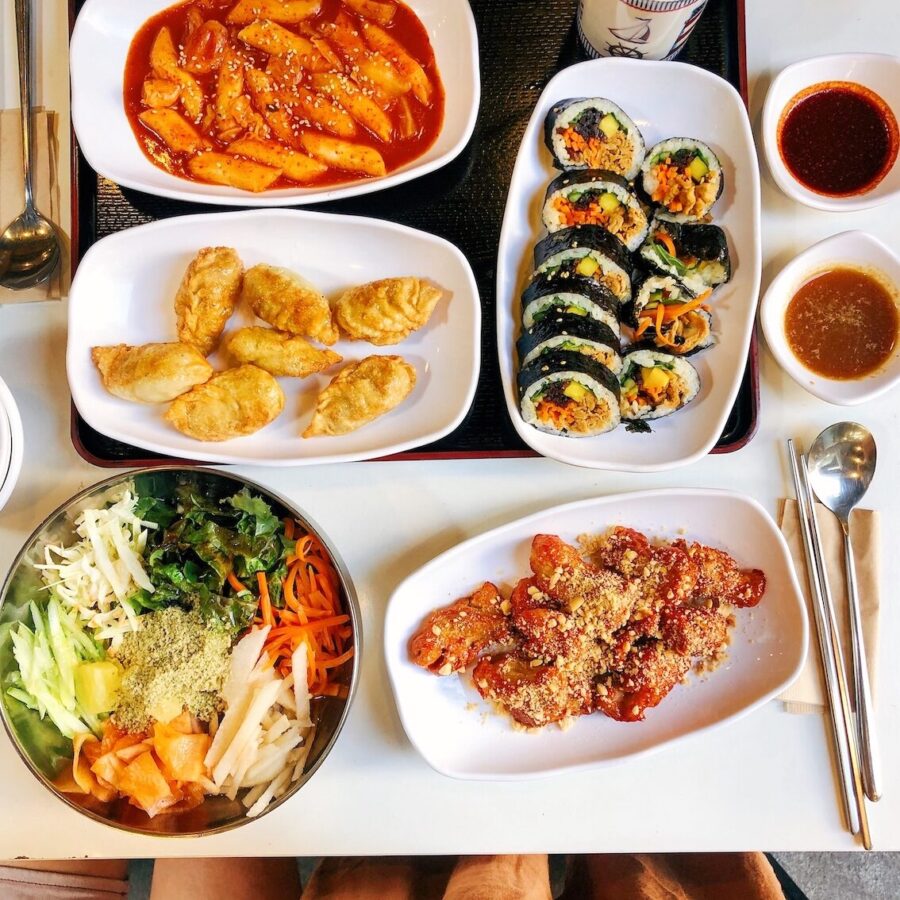
The Basics of Korean Vegan Diet: Introduction to Main Ingredients
The main ingredients used in the Korean vegan diet include a variety of vegetables, grains, and sweet syrup. For example, you can create various dishes using different vegetables like bean sprouts, spinach, radish, and water parsley. Grains such as rice, barley, and beans, which are traditionally used in Korean cuisine, also play a significant role in the vegan diet. Sweet syrup is used as a substitute for animal fat, adding flavor to various dishes.
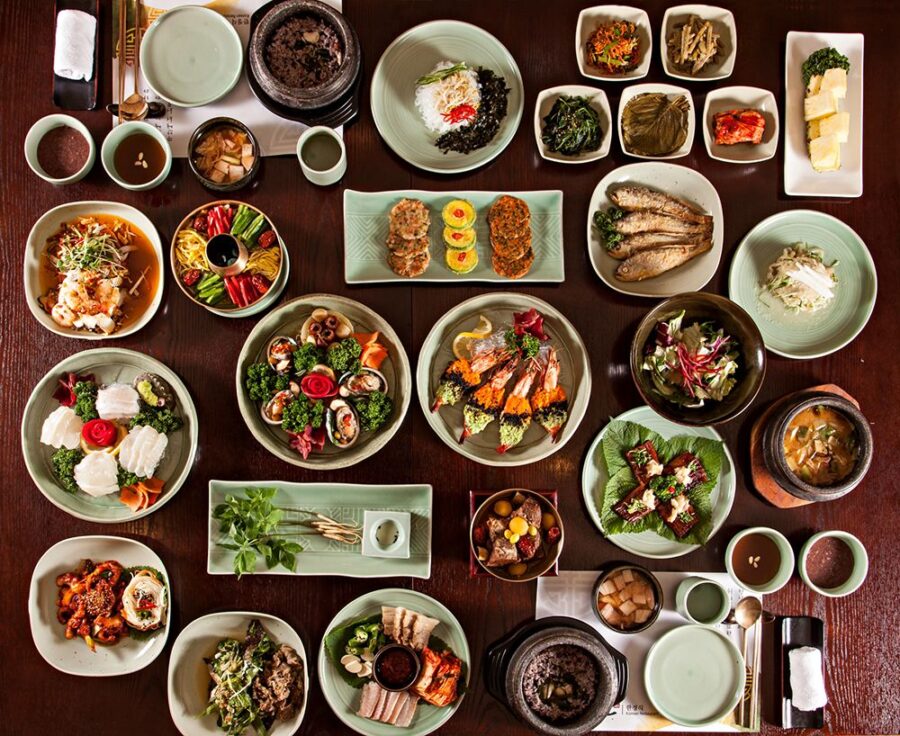
Exploring Traditional Vegan Korean Dishes Traditional vegan
Korean dishes consist of various recipes such as Kimchi stew, Doenjang stew, radish noodle soup, Bibimbap, and Japchae. These dishes have long been loved in Korea, showcasing the best of local specialties and vegetables.
Modern Twists on Vegan Korean Cuisine Modern vegan
Korean dishes are adaptations of traditional recipes to fit vegan principles. For example, making Bulgogi with bean sprout patties instead of animal ingredients, or using soy milk made from rice as a substitute for animal dairy products. These changes make vegan food more diverse and delicious.
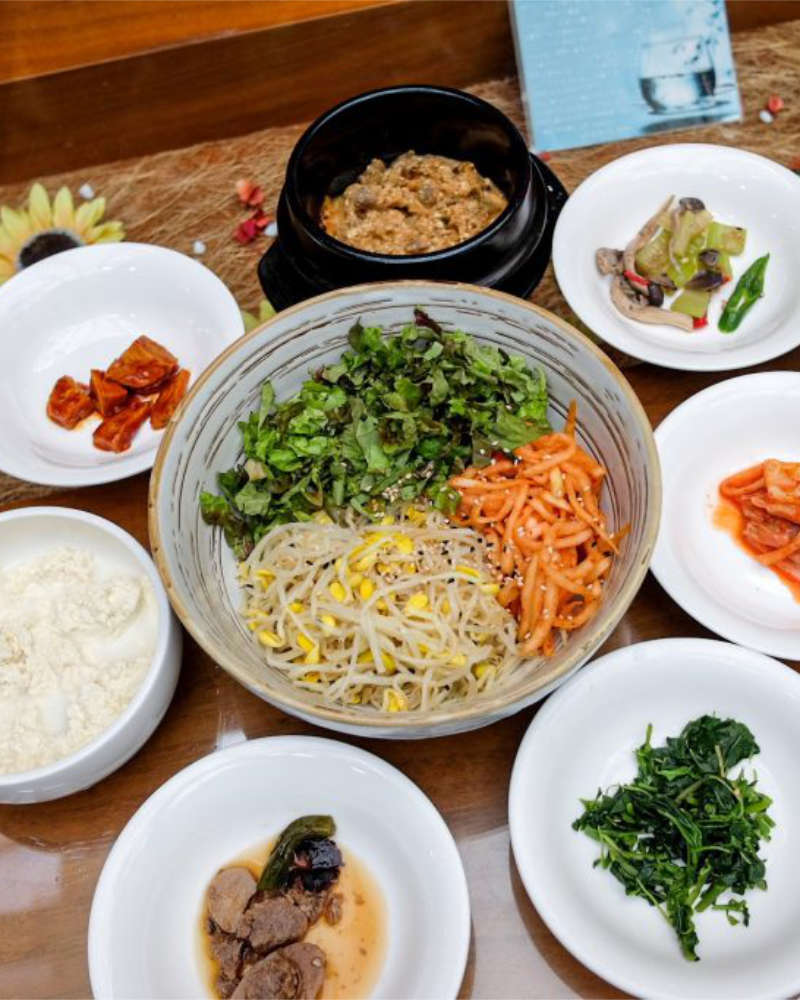
Nutritional Analysis of Korean Food for Vegans
Korean vegan food is nutritionally balanced. Centered around vegetables and grains, it provides a variety of nutrients, while substitutes like beans and soy milk supply ample protein. Moreover, traditional Korean fermented foods like Kimchi and Doenjang help maintain beneficial gut flora.
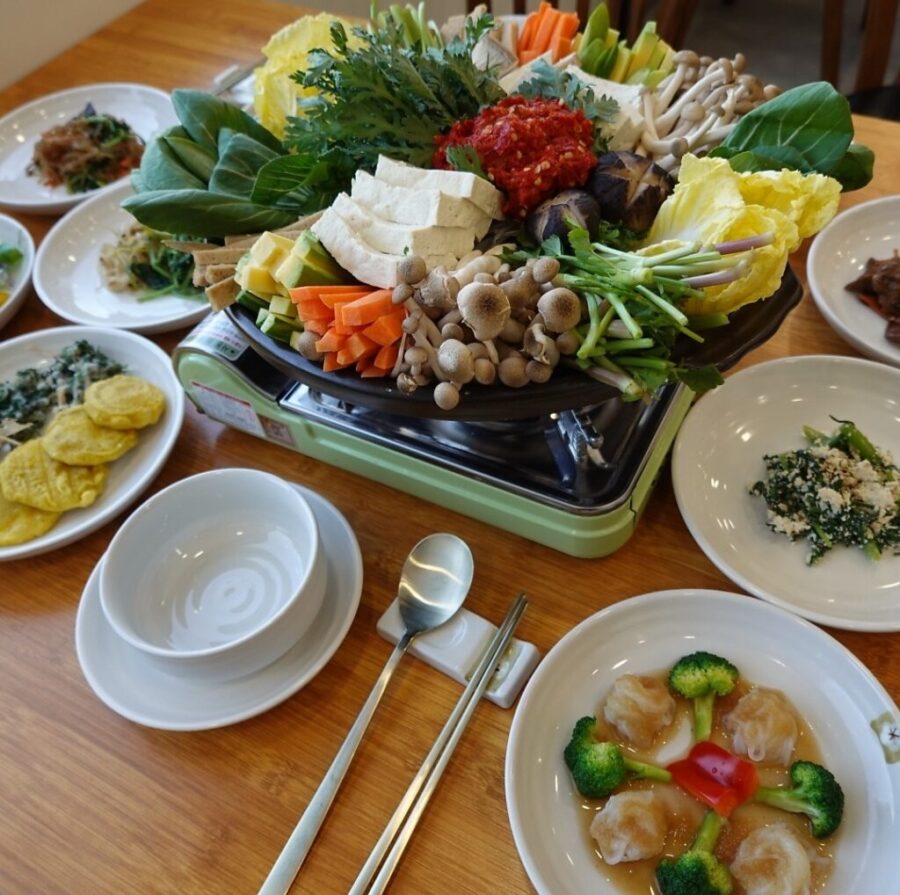
Tips and Considerations for Cooking Vegan Korean Food
When cooking vegan Korean food, there are a few tips and considerations. First, when substituting animal ingredients with alternatives, customized cooking methods according to the characteristics of each ingredient are necessary. Secondly, utilizing seasonings and spices adequately can enhance flavors. Lastly, fermented foods like Kimchi and Doenjang can be used to elevate the taste of dishes.
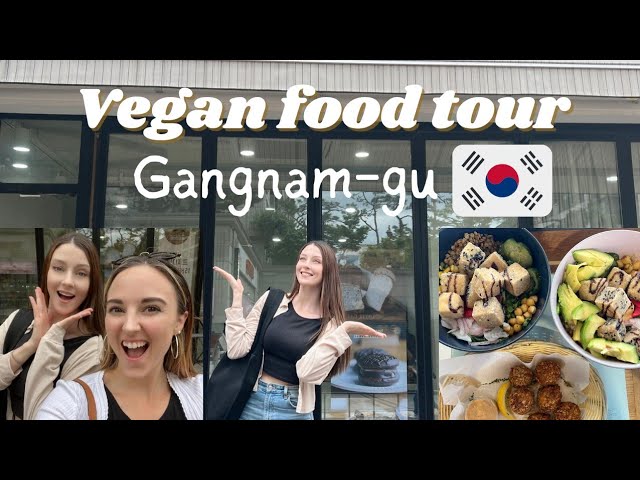
Must-Visit Vegan Restaurants and Cafes in Korea
Korea is home to many vegan restaurants and cafes. Famous vegan eateries like ‘Vegan Outfit’ in Seoul and ‘Vegan Table’ in Busan offer a variety of Korean vegan dishes with unique menus and atmospheres.
How to Make Korean Vegan Food at Home To make
Korean vegan food at home, knowing a few recipes is essential. Kimchi stew and Doenjang stew can be made vegan by substituting animal ingredients with alternative ingredients and seasonings. Bibimbap and Japchae can showcase unique tastes and nutrition by utilizing various vegetables and grains. Making vegan Korean food at home allows for a healthy and delicious meal.
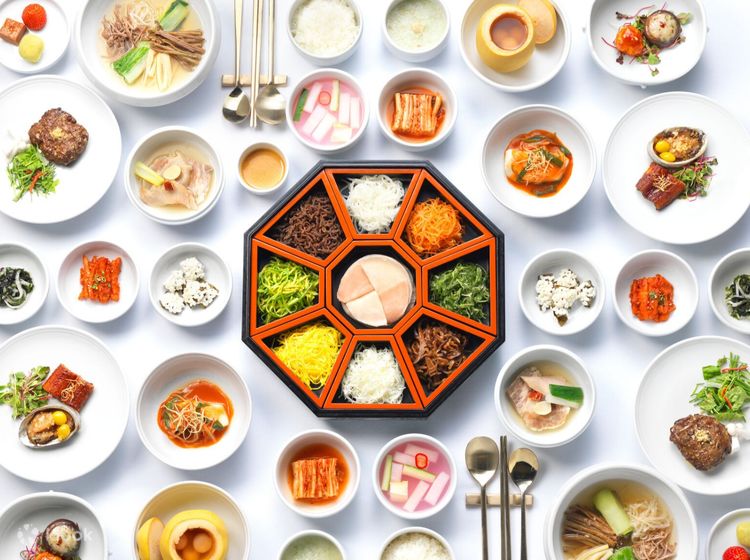
Healthy Eating Habits with Korean Vegan Food
Korean vegan food helps form healthy eating habits. A diet centered on vegetables and grains provides dietary fiber, minerals, vitamins, and more. Additionally, a diet low in animal fat can lower blood cholesterol levels, and the benefits of fermented foods in a vegan diet assist with digestion and intestinal health.
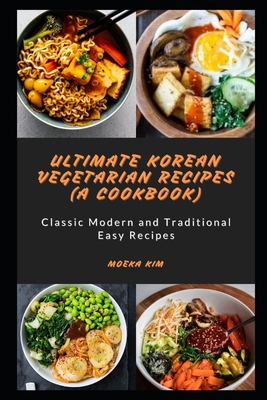
The Future and Prospects of Korean Vegan Food Culture
Korean vegan food is gaining more attention from many people. In an era where the importance of health and environment is emphasized, the vegan diet is becoming a positive option for many. Therefore, the culture of Korean vegan food is expected to further develop and grow.
